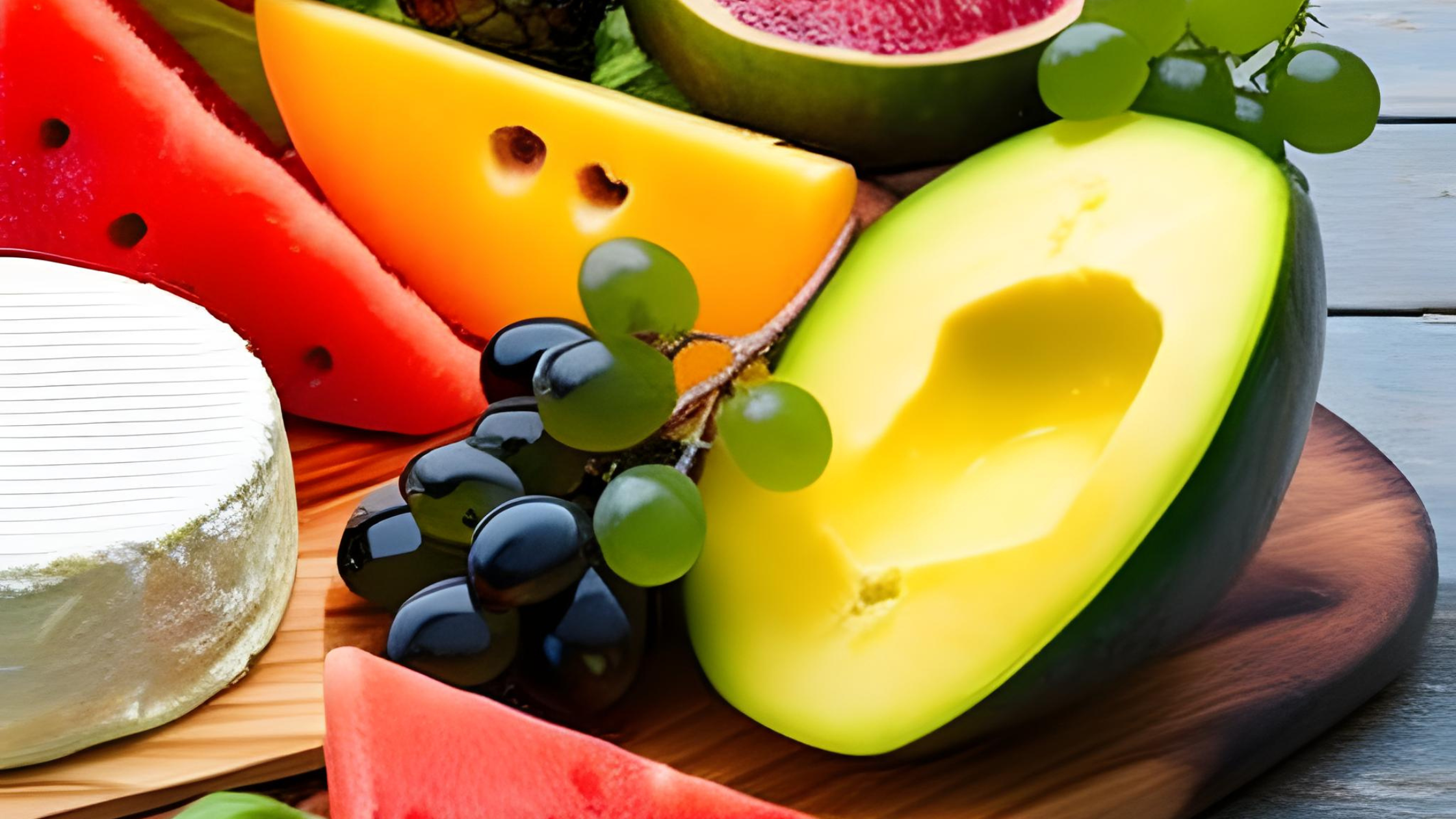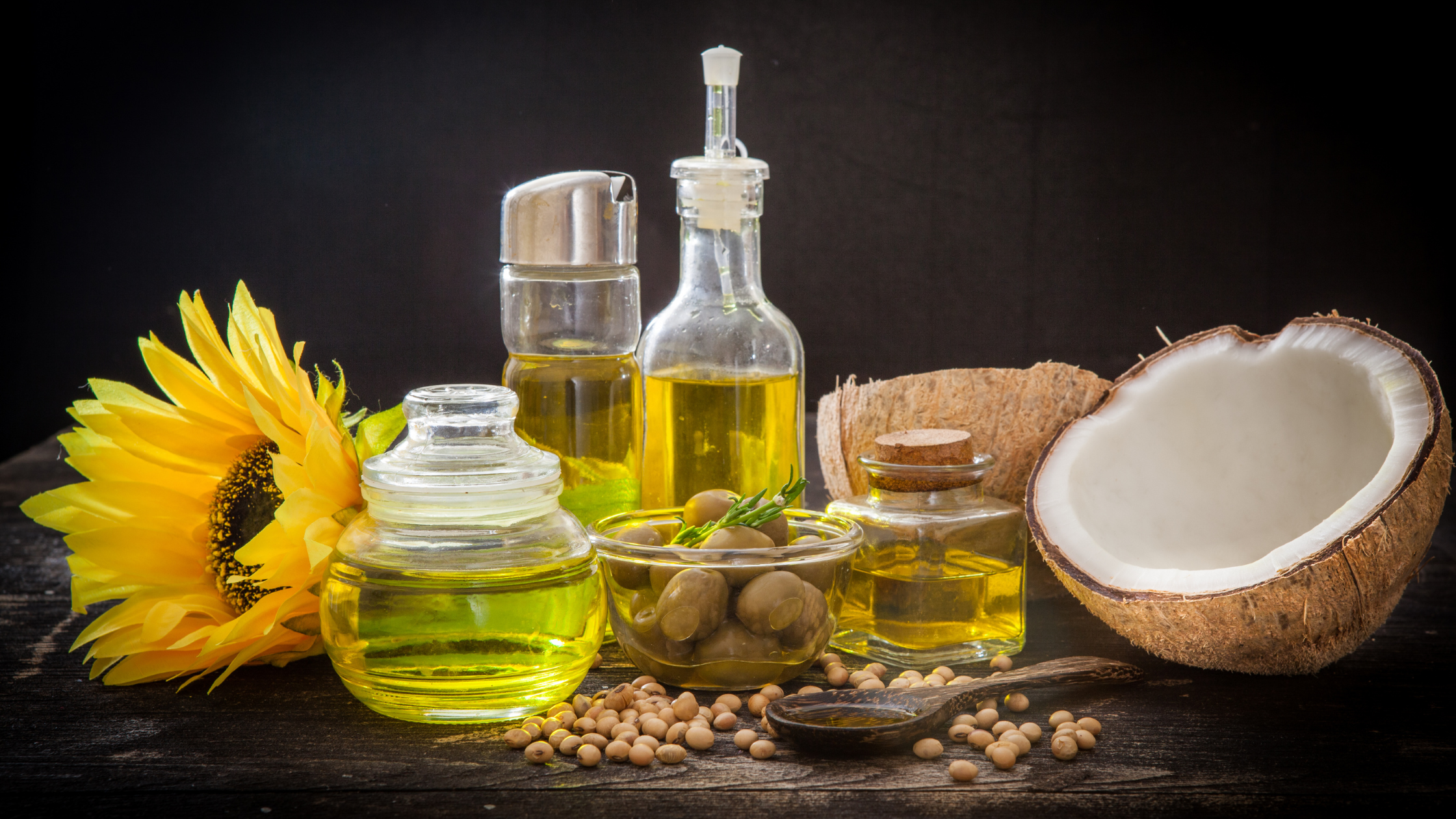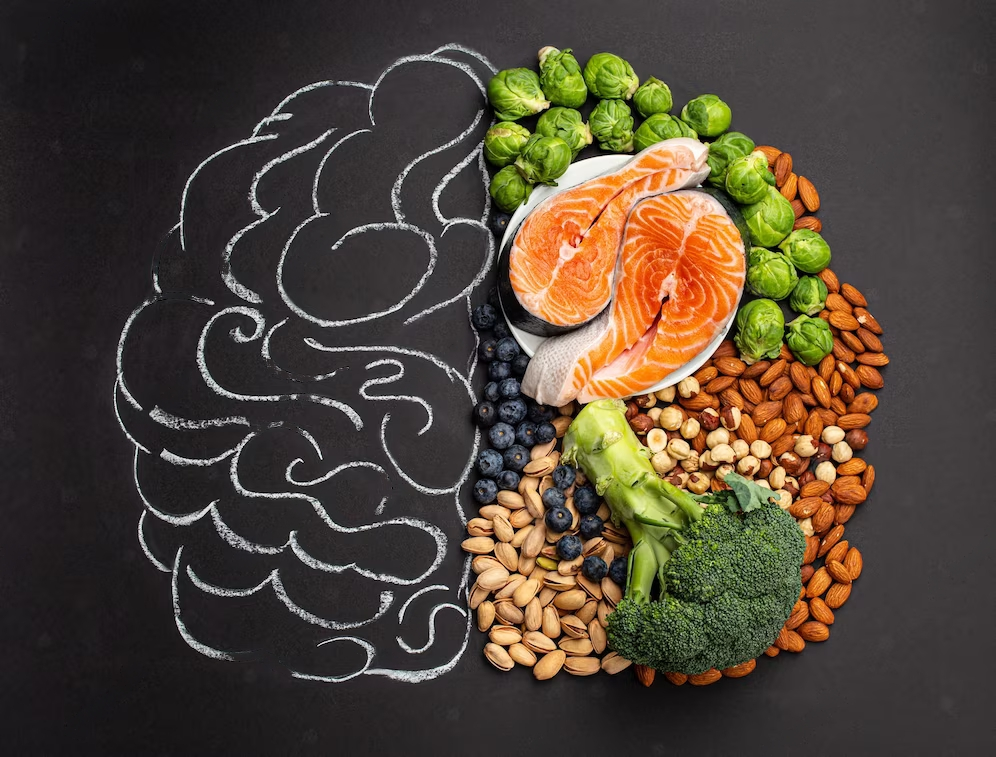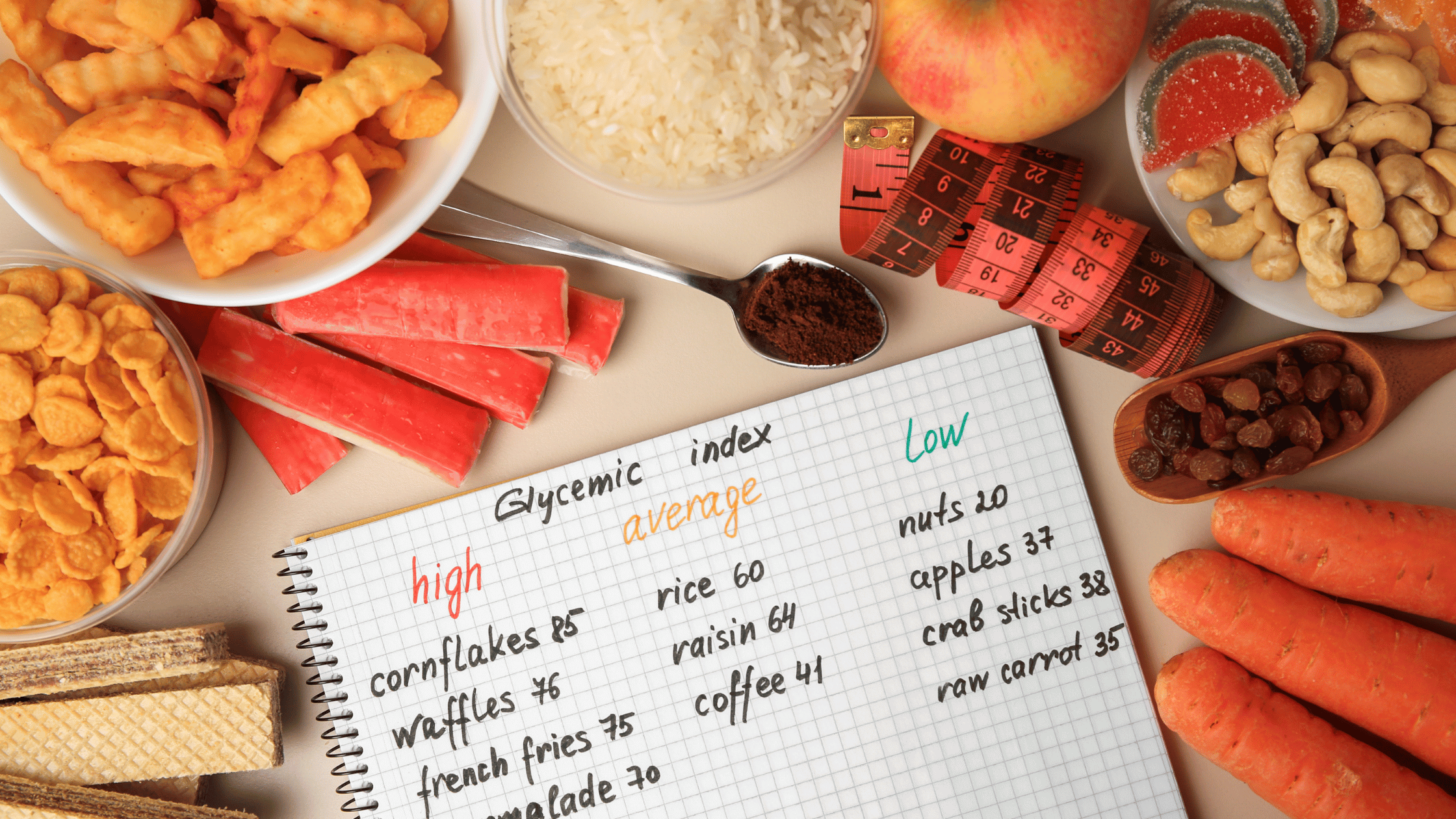Seasons of Change for Gut Microbiome

Seasons come and go, and with each season, there is a unique array of foods that we indulge in. From cosy stews and soups in winter to refreshing salads and juicy fruits in summer, our taste buds are constantly treated to a delightful journey. But did you know that the foods we consume in each season can impact our gut microbiome?
The gut microbiome is a complex community of microorganisms that reside in our gastrointestinal tract. These tiny creatures play a crucial role in maintaining our health, from aiding digestion to boosting our immune system. However, the foods we consume can either nourish or harm these beneficial microbes, which can affect our overall well-being.
In winter, we tend to gravitate towards warming, comforting meals such as stews, soups, sweets and roasts. These foods are usually high in calories and fat, which can promote the growth of bacteria that break down fats, such as Firmicutes. While these bacteria are essential for our health, an overgrowth of Firmicutes can lead to an imbalance in the gut microbiome, leading to various health issues such as obesity, type 2 diabetes, and heart disease.
On the other hand, during summer, we are blessed with an abundance of fresh fruits and vegetables such as berries, tomatoes, cucumbers, and watermelon. These foods are rich in dietary fibres that nourish beneficial bacteria such as Bifidobacteria, which can help to enhance the diversity and balance of the gut microbiome. These bacteria produce short-chain fatty acids (SCFAs), which help to reduce inflammation, improve gut motility, and support the immune system.
Furthermore, seasonal allergies can also impact the gut microbiome. For instance, during spring, tree and grass pollen allergies can lead to gut inflammation, causing a reduction in microbial diversity and abundance. This can lead to various symptoms such as bloating, gas, diarrhoea, and constipation.
In conclusion, our gut microbiome is a delicate ecosystem that is affected by various factors, including the foods we consume. Eating a balanced diet that includes seasonal fruits and vegetables can help to nourish beneficial bacteria while avoiding high-fat meals can help maintain a healthy gut microbiome. So, the next time you indulge in seasonal foods, remember that you are not just satisfying your taste buds, but also nourishing the trillions of microbes that reside in your gut!

The Gene Box Team











.png)



















































